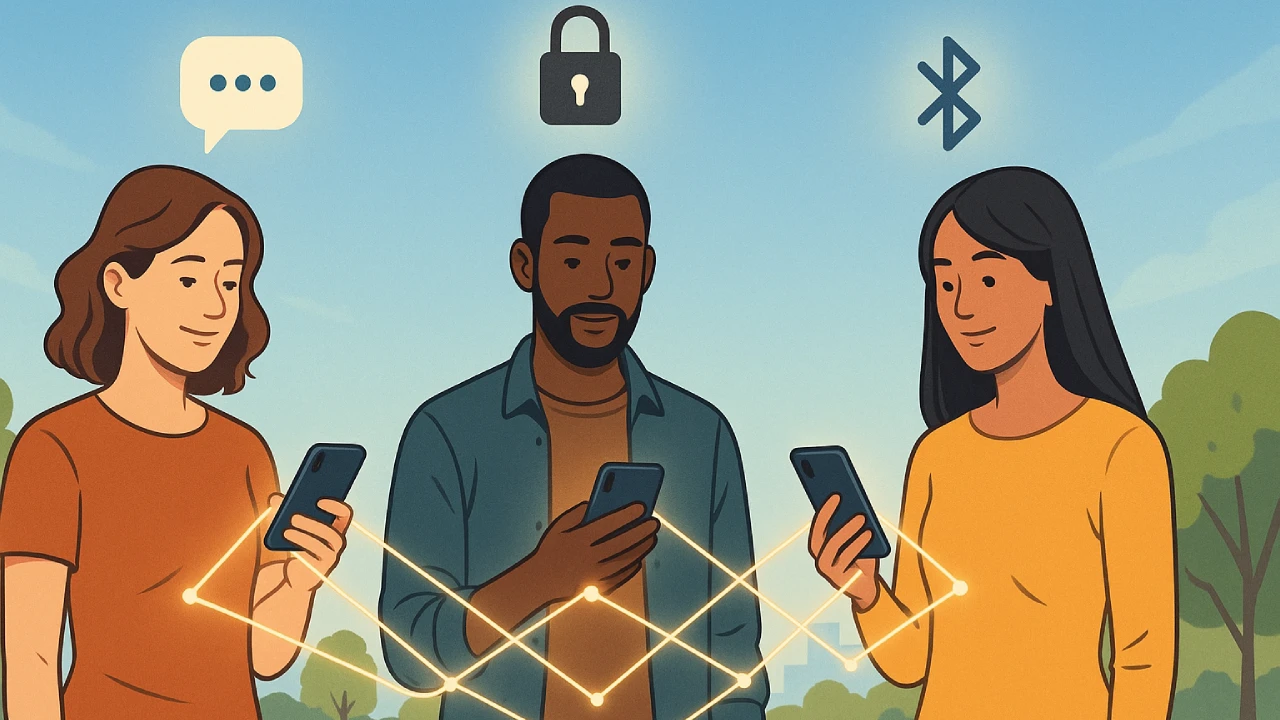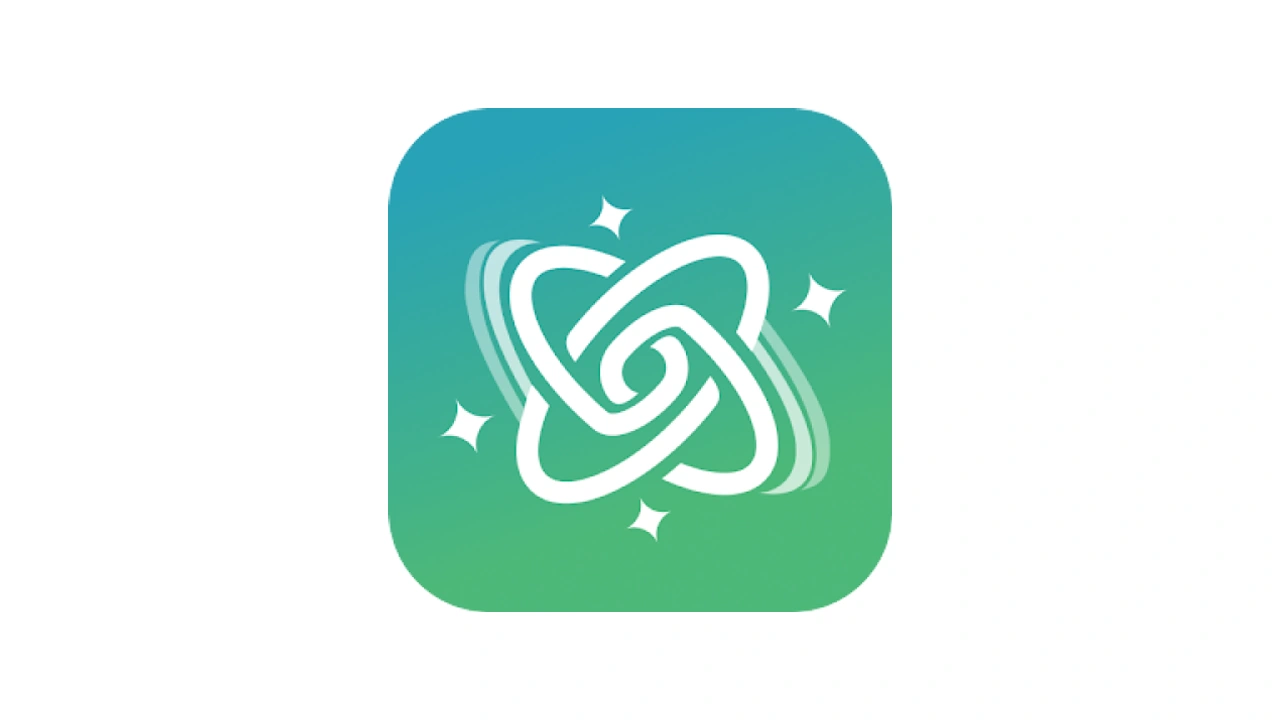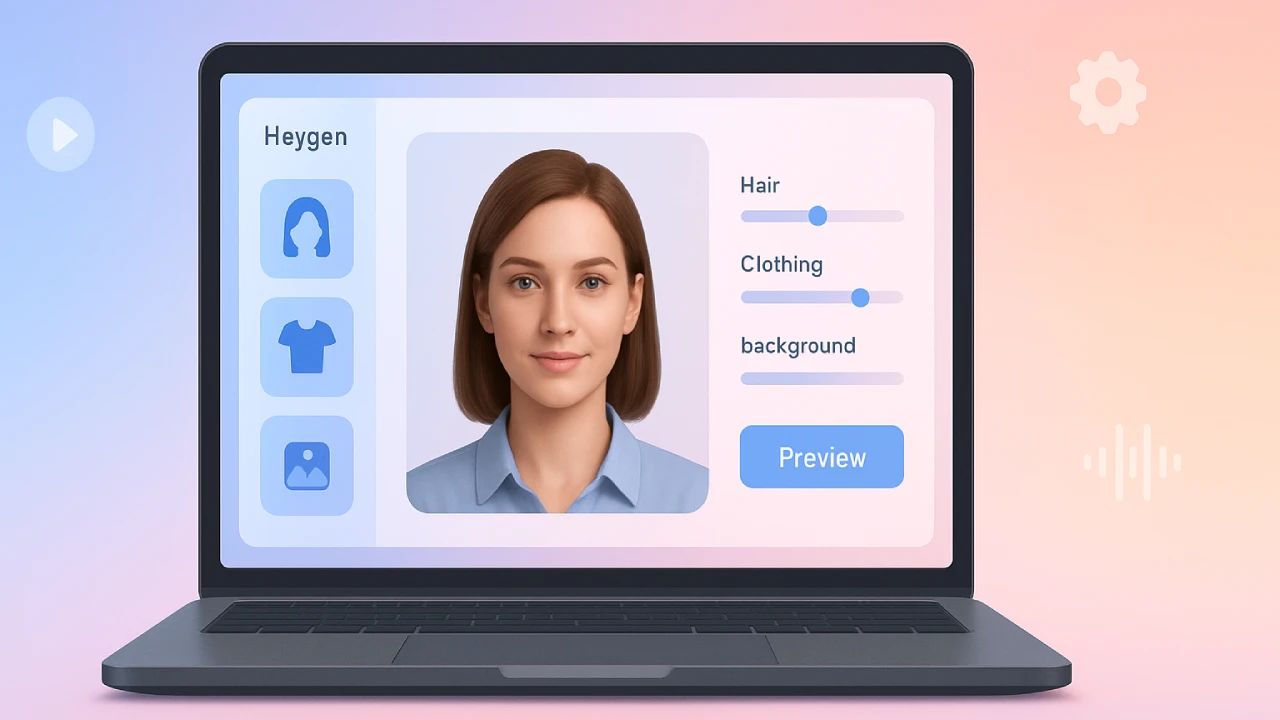Bitchat In an era where nearly every message you send is routed through a company’s server, Jack Dorsey, the co-founder of X (formerly Twitter), is introducing something entirely new: Bitchat.
This new app fundamentally changes the way messaging functions. No internet? No problem. No account? Still works. No servers? Even better.
Welcome to the future of private, offline, peer-to-peer messaging.
What Is Bitchat?
Bitchat is a decentralized messaging app that doesn’t need Wi-Fi, mobile data, or even a phone number to work. It connects users directly through Bluetooth mesh networking—meaning your phone can talk to nearby phones, which can relay messages even farther.
It’s designed for situations where traditional messaging fails:
- Music festivals where networks are jammed
- Rural areas with weak or no coverage
- Protests or places where the internet is blocked
- Natural disasters or emergencies
And it does all of this without logging your info or storing your messages. It’s truly remarkable, isn’t it?
Privacy & Security: Built-In, Not Bolted-On
Bitchat is serious about privacy. It doesn’t ask for your phone number, email, or identity—just a nickname.
Here’s how it protects your conversations:
- End-to-End Encryption using AES-256-GCM
- X25519 Key Exchange to keep things secure
- Argon2id and Ed25519 for strong password handling and digital signatures
- Forward secrecy and “cover traffic” so even metadata stays private
By default, messages disappear after 12 hours. You can “favorite” a message if you want to keep it, but otherwise, it all stays temporary and local to your device.
Features That Actually Matter
Bitchat is packed with smart features for low-bandwidth and high-privacy use:
- Mesh Chat: Each phone relays messages like a walkie-talkie chain, boosting range
- Message Compression: Uses LZ4 to keep messages light
- Message Batching: Sends fewer, smarter pings to save energy
- Power Modes: From “Performance” to “Ultra-Low Power,” it adapts to your battery life
And if things get risky, there’s an Emergency Wipe: triple-tap the logo, and all your data is instantly deleted.
How Does It Compare to Other Messaging Apps?
| Feature | Bitchat | Signal | |
|---|---|---|---|
| Works without internet | Yes | No | No |
| Requires login | No | Yes | Yes |
| End-to-End Encryption | AES-256-GCM | Signal Protocol | Yes |
| Ephemeral by default | Yes | Optional | No |
| Open Source | Yes | Yes | No |
| Serverless | Yes | No | No |
No internet. No ID. No problem.
Why Bitchat Actually Matters
Apps like Signal or WhatsApp do a fantastic job when you have connectivity. But Bitchat asks, what if you don’t?
It’s made for a world where:
- Censorship is growing
- Surveillance is real
- Internet access isn’t guaranteed
- People want true peer-to-peer freedom
It’s not just a cool tool—it’s a potential lifeline in high-risk zones and a privacy champion for everyone else.
How Does Bitchat Actually Work?
Using Bitchat is refreshingly simple:
- Open the app (iOS beta is live via TestFlight)
- Pick a nickname or use the random one it gives you
- It automatically finds people nearby
- Join a channel like
/j #generalor message someone directly - Chat away — no internet needed!
It also supports IRC-style commands:
/j #channel– Join or create a room/m @name– Send a private message/save– Save messages in the room/clear– Clear your current chat view
Its old-school chat meets modern privacy tech.
Final Thoughts
Bitchat isn’t trying to replace WhatsApp or Telegram. It’s doing its own thing — and doing it really well. It’s a privacy-first, offline messaging app that works without internet, servers, or user tracking.
Whether you’re hiking in the Himalayas, attending a protest, or just want a messaging app that doesn’t spy on you, Bitchat might be exactly what you’re looking for.
Sure, it’s still in beta and limited to iOS for now, but the idea is powerful — and long overdue.







